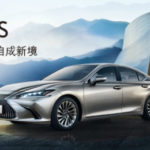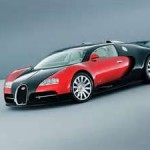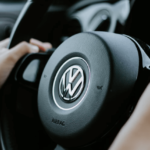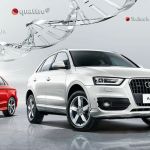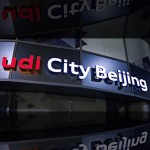Ferrari in China
Founded by Enzo Ferrari in 1929, as Scuderia Ferrari, the Italian sports car manufacturer sponsored drivers and manufactured race cars before moving into production of street-legal vehicles as Ferrari S.p.A. in 1947. Throughout its history, the company has been noted for its continued participation in racing, especially in Formula One, where it has had great success. Ferrari road cars are generally seen as a symbol of luxury and wealth. Fortified by its international recognition, the Italian firm has succeeded in conquering the Chinese market. Ferrari in China has become a symbol of luxury and sport.
Luxury car market in China: Ferrari breaks all its records
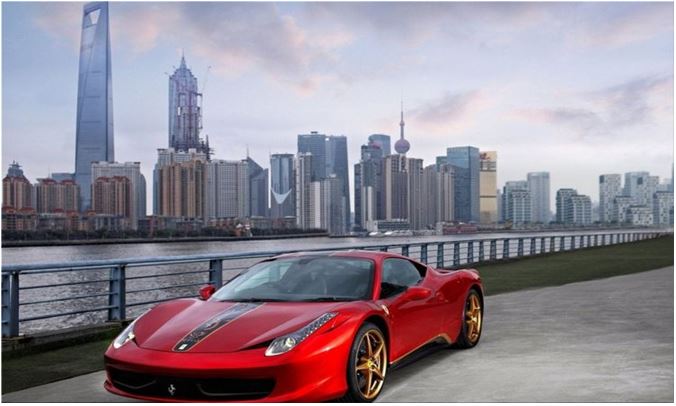
[Source: Ferrari China website, ‘Ferrari in China’]
Global sales boosted by nearly 13.1 percent, to a record 10,131 units in 2019, the company said, with sales revenue climbing nearly 10 percent to $3.76 billion. Asia played a significant role in that year-on-year growth and this is the first time it has exceeded the 10,000 vehicle-sales-mark. The prestigious Italian brand has had a record year in terms of sales in 2019 and expects to continue galloping in 2020. Sales of Ferrari in China grew by 20.3% in 2019 to 328 vehicles in the first semester in the Greater China region (China, Hong Kong and Taiwan) against 183 cars last year at the same period. These results make the company’s third-largest market after Europe – Middle East –Africa and the U.S). Sales rose sharply in the China-Hong Kong-Taiwan region due to the decision to accelerate deliveries ahead of the anticipated enforcement of new CO2 emission standards.. According to last figures, Ferrari has 17 car dealerships in mainland China and one in Hong Kong. This action not only can meet the demand in Chinese market, but also it maintains the positive sales trend of Ferrari in China.. The price of a Ferrari in China is higher than in Europe due to a series of extra expenses, such as Import tariff, bunker surcharge of high-duty cars, sales territory tax.
The profile of Chinese luxury car consumers is changing
According to the Financial Times, the automotive market in China is the fourth-biggest luxury car market globally behind the US, Japan and Germany. However, the trend could be evolved and China could be on the podium. Industry giants are looking for new innovations to meet the changing needs of luxury car consumers. The luxury automotive industry in China is facing trends market which requires adaptations.
For several years now, the profile of consumers has tended to evolve from one country to another., The average age of a luxury car consumer in China is around 20 years old, compared to 50 years old in Japan. This phenomenon can be explained by the emergence of lucrative activities among young entrepreneurs and the sudden rise of the number of multimillionaires, which is expected to rise from 18 to 30 million by 2030. These young consumers are looking for the latest connected products and cars that pollute less such as electric cars. For brands such as Ferrari, which use all available resources to improve the driving experience of their cars, this is a challenge.
Ferrari China puts the turbo on its marketing strategy
The prancing-horse-company has adopted a diversification strategy to handle the competitive pressure. In September 2015, the Italian constructor has launched a children’s clothing collection on the Chinese soil called “the Ferrari Junior Collection” in September 2015. The collection also offers a wide variety of toys and accessories such as bicycles, ride-on-cars and remote control cars. Following the successful launch of stores in Hong Kong, more stores will be opened in selected major cities across Asia including Shanghai, Beijing, Hangzhou, Nanjing, Taipei, Macau moving forward to a new chapter in Ferrari Store Junior’s development around the world.
Ferrari pop-up store
In 2019, the Italian manufacturer has launched its experiential pop-up store in Shanghai for the inauguration of its new sports car, called the “F8 Tributo”. This initiative marks the Italian company’s determination to establish itself as a benchmark player and reflects its commitment to conquer the Middle Kingdom.
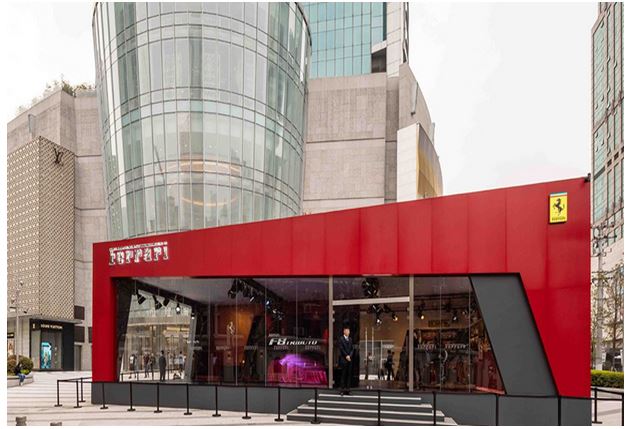
[Source: Ferrari’s website, Ferrari Pop-up shop in China]



